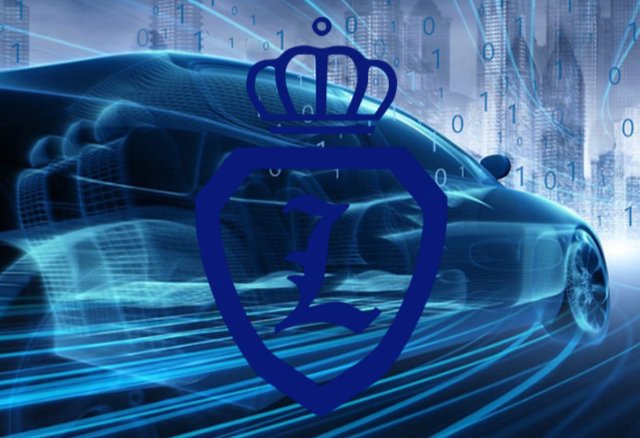As automakers are revealing more electric vehicles, one of the major concerns is how will the vehicles be charged. Post Covid-19 incentives include installing more charging stations. Innovative companies and analysts offer their insights, predictions and solutions for a greener, cleaner EV charging future. Solutions include smarter software, incentives, apps, load balancing and blockchain. “Blockchain is a way of securing digital information and automating interaction between devices,” says Jonathon De Villier, research analyst at Guidehouse Insights. Basically, blockchain consists of an algorithm to order information and share data. Blockchain supplies a framework for identity for different infrastructures to relate with each other. Blockchain could also be important for creating ways in which multiple parties could share in the revenue of EV charging as well as for the electric service operators to help with balancing infrastructure. Blockchain will be especially helpful in something such as a program such as Airbnb EV charging where an individual or business shares (peer-to-peer) an EV charge point for a fee, says De Villier. Use case scenarios for blockchain in EV charging would be in the process of vehicle-to-grid and peer-to-peer EV charger sharing which could also spur more EV sales. “Blockchain is emerging as an exciting technology that can help many services work together, automate EV charging and solve problems while providing monetary incentives,” says De Villier.
Lider Token offers a wide range of automotive solutions using Blockchain technology. The advanced systems developed by Lider Token can be successfully used both by car dealerships and car manufacturers, as well as by external suppliers of technologies and services for the autoretail.
https://lidertoken.pro
